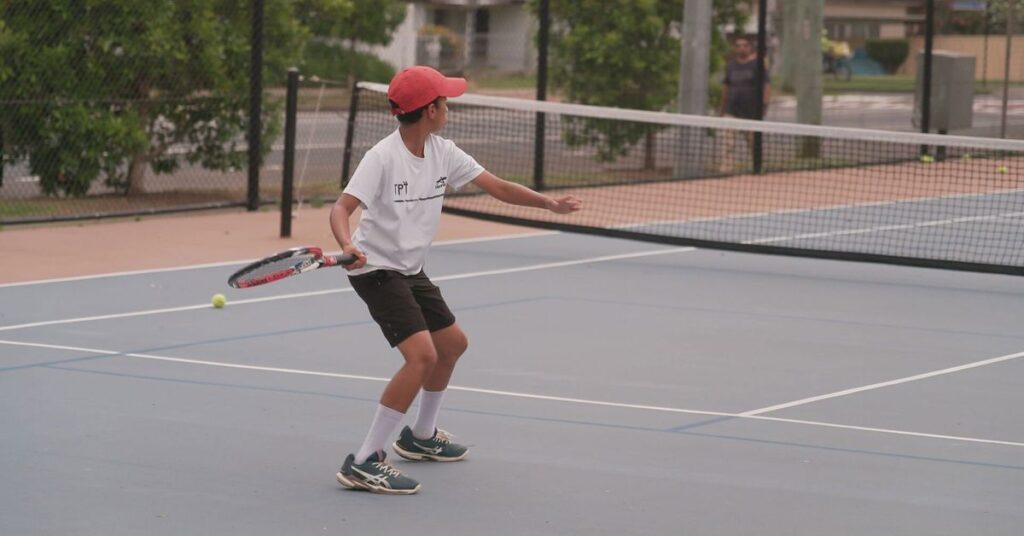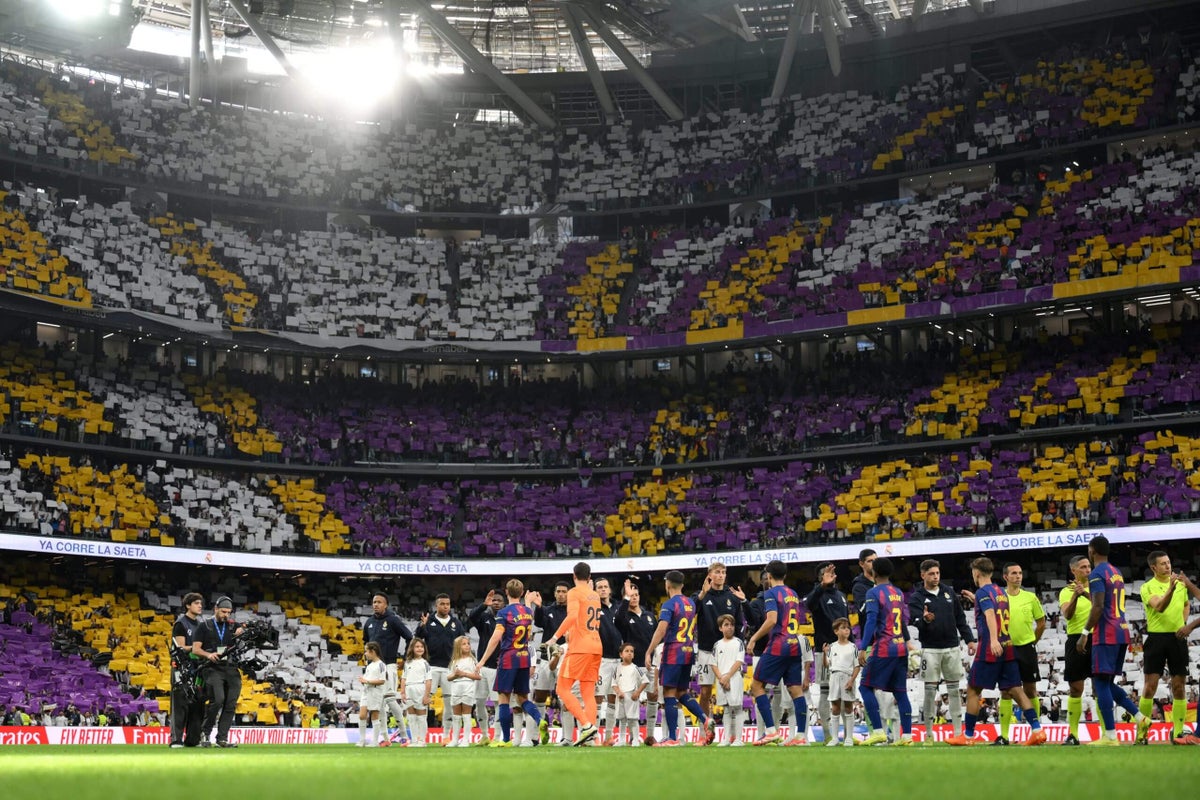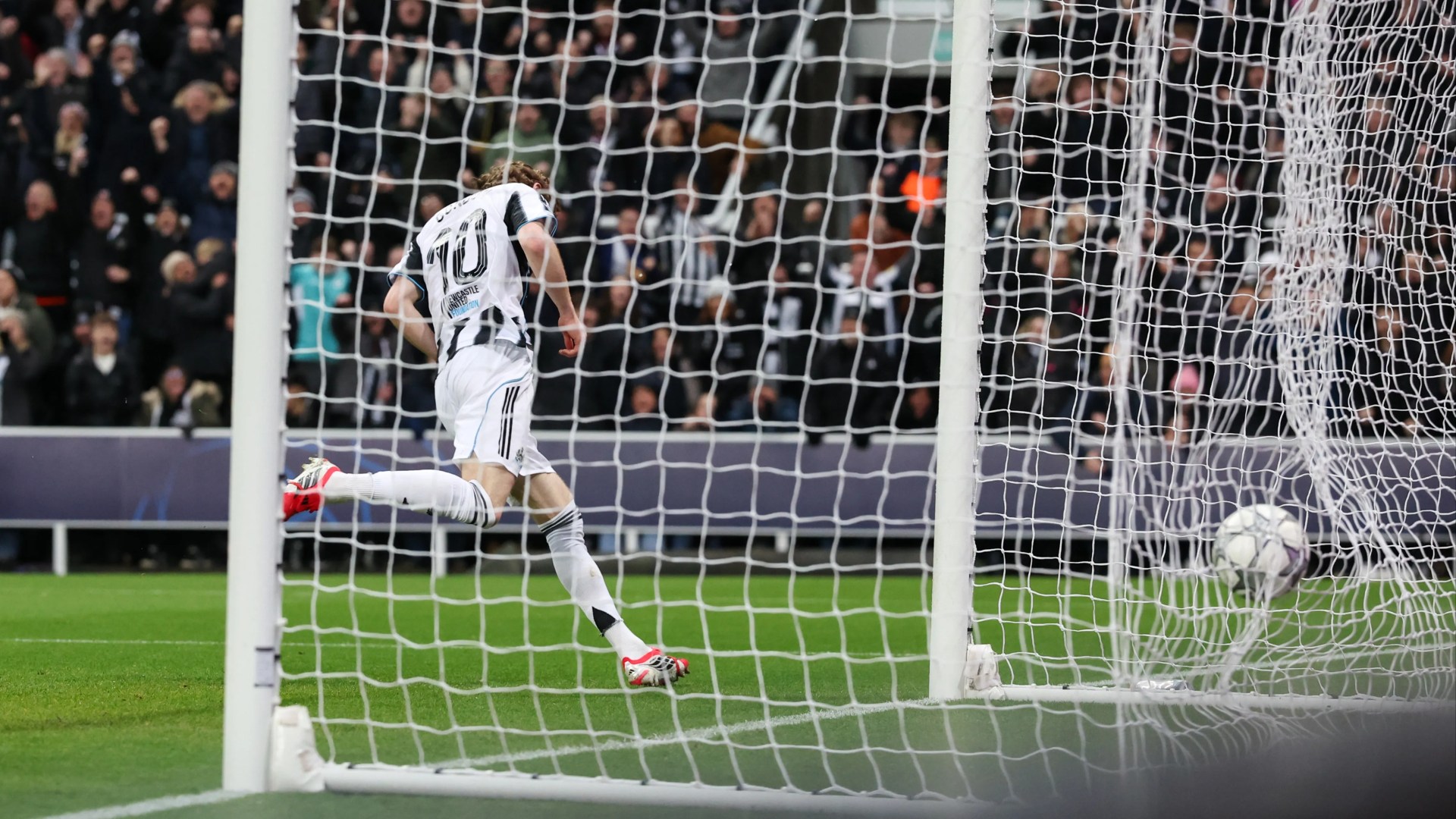
The headmaster of Redeemer Baptist School, one of Sydney’s most prestigious educational institutions, has staunchly defended the decision to expel a promising student, Aarav, after he participated in a national tennis competition. The expulsion has sparked a heated debate about the balance between academic commitments and extracurricular excellence.
Aarav, a twelve-year-old tennis prodigy, discovered he would not be returning to the independent school in North Parramatta on the first day of Tennis Australia’s exclusive week-long age championships. His parents, Lavanya and Hari, expressed their shock and disappointment upon receiving the expulsion notice via email, noting that their son had only missed two school days for tennis this year.
School Policy and Parental Reaction
In an email communication, headmaster Russell Bailey cited the school’s comprehensive 60-page handbook, emphasizing the need for parents to seek advance permission for absences related to non-school activities. “We require parents to seek advance permission when their child requires absence for sporting events or other activities that are not school-related,” Bailey stated in an interview with A Current Affair.
Lavanya and Hari argue that the decision is unjust, highlighting their son’s dedication both in academics and on the tennis court. Aarav’s mother elaborated on his rigorous schedule, which includes school, tennis practice, and homework. “Three to four days a week he finishes school at 3.30pm… and has to be in the court at 5 o’clock, play until 8.30pm, come back, shower, sit and do his homework,” she said.
Aarav’s Academic and Athletic Achievements
Aarav’s academic record is impressive, with high grades across most subjects. “I make time,” he explained, detailing how he manages to complete his homework during school hours, recess, lunch, and even on the school bus. Despite his achievements, Aarav feels the expulsion is unwarranted. “I don’t think I should be expelled for missing a week to go to some major event for nationals and stuff like that,” he remarked.
Having started playing tennis at the age of five, Aarav’s room is adorned with numerous trophies. His parents proudly acknowledge his talent and dedication. “He’s very good, we’re so proud of him,” they said.
Future Prospects and School’s Stance
Currently, Aarav’s parents are struggling to find a school that will accept him immediately, though they have secured enrolment for the next academic year. Aarav remains optimistic about joining a new school where many of his primary school friends are enrolled. “A lot of my friends from primary school are there so I’d probably feel welcomed,” he commented.
Aarav aspires to one day win a grand slam, inspired by his favorite player, Carlos Alcaraz. Meanwhile, headmaster Bailey’s statement underscores the school’s commitment to educational priorities. “As a place of education, our parent orientation and School Handbook reinforce ACARA’s common goal for children to attend school 90% of the time,” he stated.
“We have supported students with this approach as they have competed in high-level competitions across a range of inter-school, statewide, national and international competitions including in archery, golf, gymnastics, athletics, computing, football, music and science.”
Bailey further clarified that while the school has successfully supported students in various competitions, they will revoke enrolment if parents fail to adhere to the school’s requirements. “Given our expectations are clear from the start, this happens very rarely, and it is a very sad and disappointing outcome for everyone,” he concluded.
Implications and Broader Context
This incident raises broader questions about how educational institutions balance academic rigor with support for students excelling in extracurricular activities. The expulsion has ignited a conversation about the expectations placed on young athletes and the role schools should play in nurturing diverse talents.
As Aarav and his family navigate this challenging period, the situation highlights the need for clear communication and understanding between schools and parents. It also emphasizes the importance of flexibility in educational policies to accommodate the unique paths of gifted students.
Looking ahead, Aarav’s story may prompt other schools to re-evaluate their policies and consider more inclusive approaches to student development, ensuring that academic and extracurricular achievements can coexist harmoniously.





